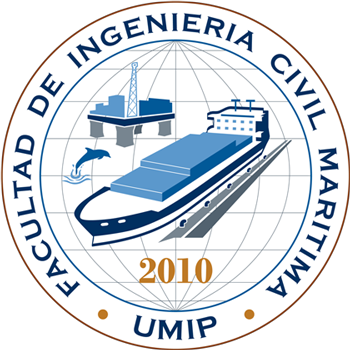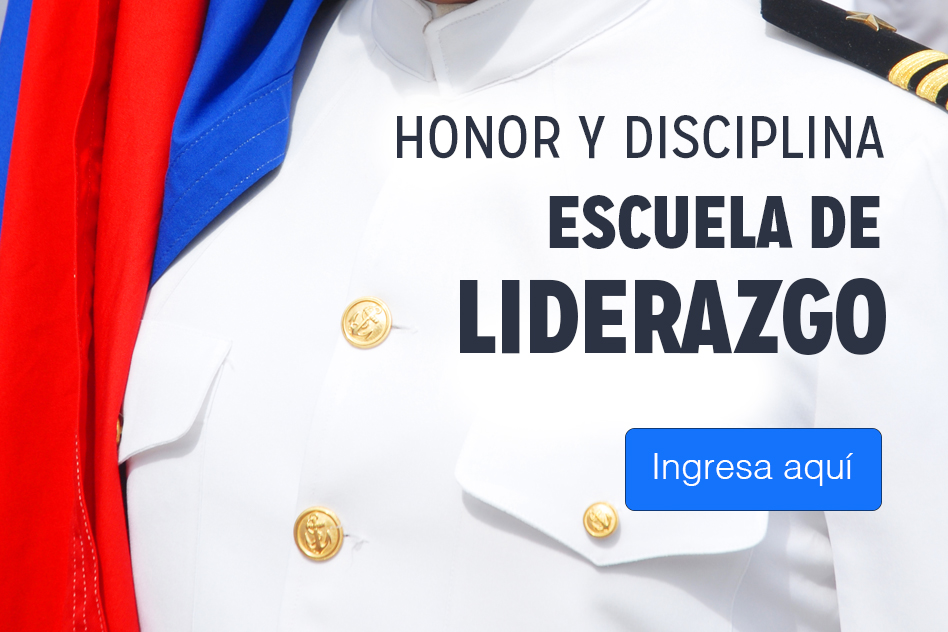The Faculty of Maritime Civil Engineering bases its origin on the development of the Panamanian maritime conglomerate that includes: the expansion of the Canal, the expansion of the existing port facilities, the creation of new ports and marinas, the progress and improvement of the shipyards, and the Impact studies that installations and facilities on the marine and coastal environment would have. In this faculty the UMIP will be able to promote, create, organize, and execute the academic programs that fill the need of specialists and workforce that this conglomerate requires. In the same way, the Faculty will promote the creation of new knowledge and technologies through research programs that will result in projects such as: new designs of structures and marine installations, the development of new "software" applicable to the maritime civil engineering, studies of new materials for shipbuilding and for marine and coastal infrastructure, among others.
OBJECTIVES
To train professionals capable of carrying out operational and administrative tasks on board ships and naval factories, by providing them with the necessary tools and elements that guarantee an efficient and safe work environment.
Create professionals committed to compliance with international and national standards on the safety of human life at sea and the protection of the environment.
Encourage the development of professionals willing to promote the continuous improvement of their environment, with a high sense of social responsibility.
BACHELOR DEGREE IN MARITIME ENVIRONMENTAL ENGINEERING
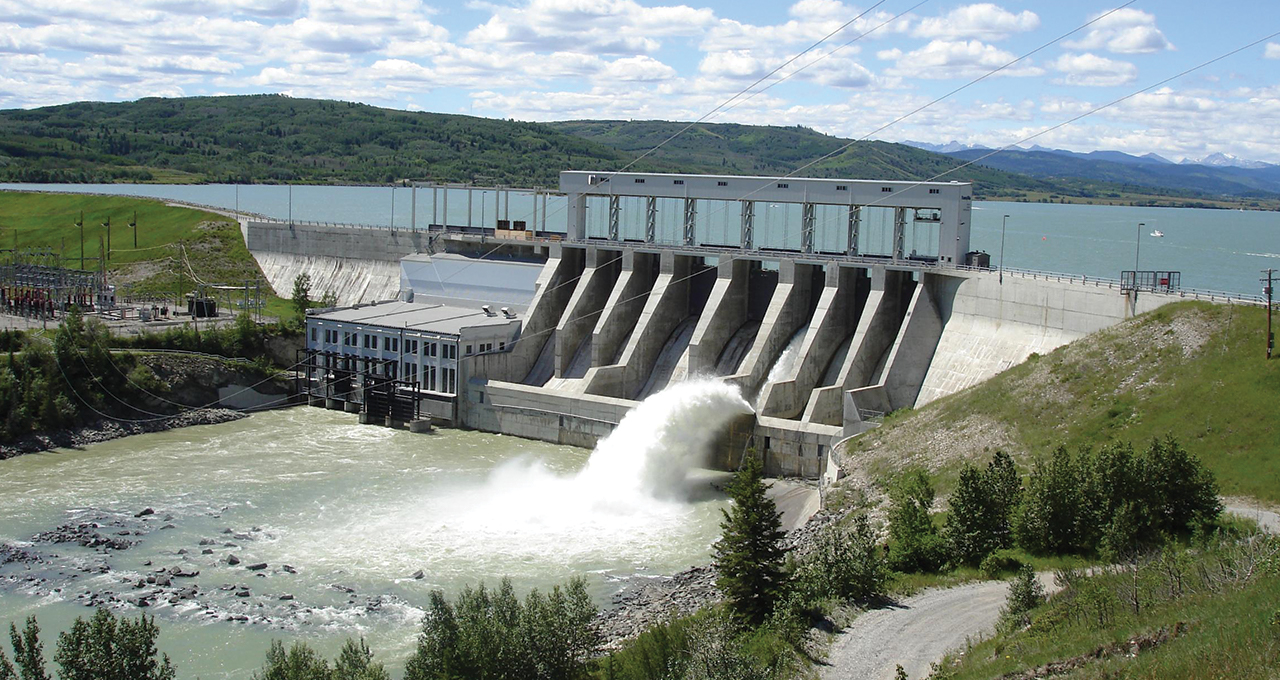


Description
It is a specialty in the area of environmental sciences, which uses technological and analytical means, with an integral vision that is based on the search of sustainable development, optimizing processes, and minimizing costs, using the design, application and process management, products and technological services for the prevention, control, and mitigation of problems.
Objective
To train highly qualified professionals capable of solving specific problems, knowing how to identify impacts, in addition to evaluating the duration, magnitude and reversibility of anthropogenic alterations in the environment, independently of their nature. It must be entitled to:
STUDY PLAN
BACHELOR DEGREE IN NAVAL CONSTRUCTION AND SHIP REPAIRS ENGINEERING
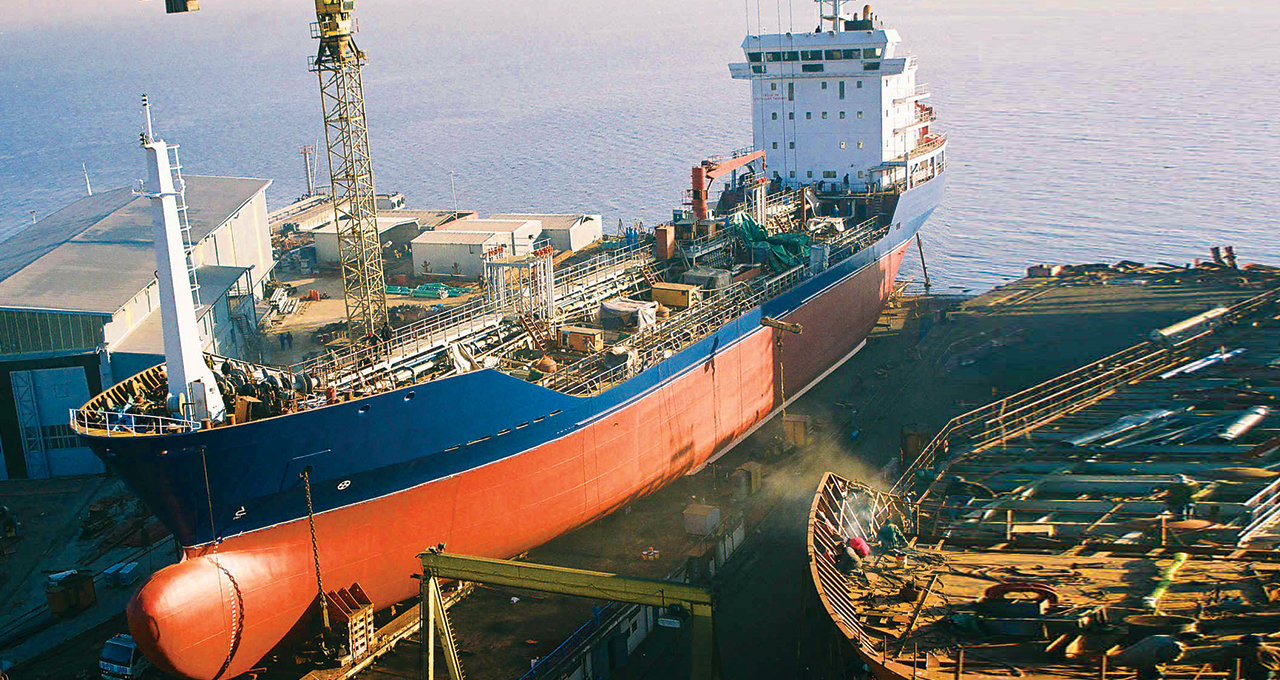
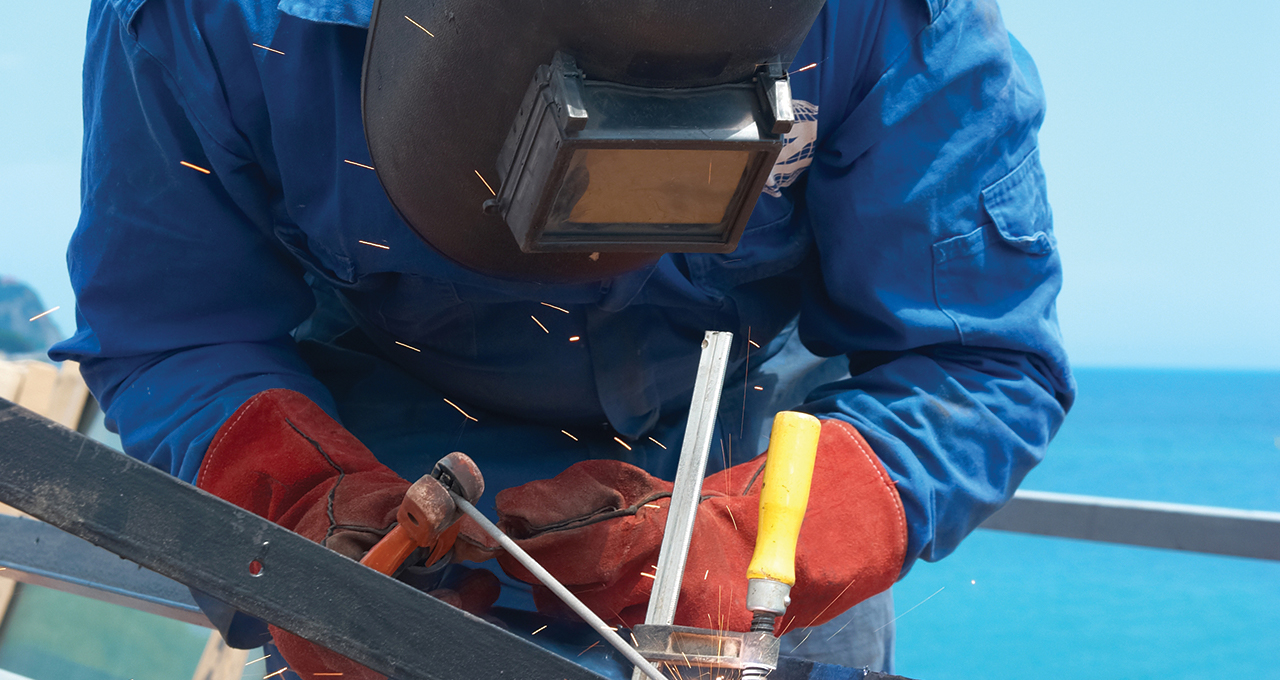

Description
The Engineer in Naval Construction and Repair of Ships is a professional of high profile, with critical knowledge, leadership, values, social responsibility, abilities, and skills; conjugated in this human resource, a solid academic formation with the temperance of a behavior shaped by the system of the School of Leadership of the UMIP.
The Bachelor's Degree in Nautical Engineering in Naval Machinery, known as the specialty of Machines, trains professionals capable of operating, repairing and maintaining in perfect state of functionality all the machinery necessary for the propulsion of the ship, loading and unloading operations, as well as, on-board general services, in order to navigate from the ports of production to the ports of consumption and carry out the loading and unloading operations in compliance with international safety standards for safeguarding human life at sea and protecting the marine environment and preventing pollution.
Objectives
To provide the student with the necessary competencies for professional performance, specializing in the field of design, construction, transformation, inspection, repair, and maintenance of naval artefacts and structures; skills that are indispensable for the development of the naval industry in the country and in the world.
To provide Panama and the world with highly qualified professionals, obtaining a human resource with the abilities required by the industry.
Work Field
STUDY PLAN
BACHELOR DEGREE IN CIVIL ENGINEERING IN PORTS AND CHANNELS
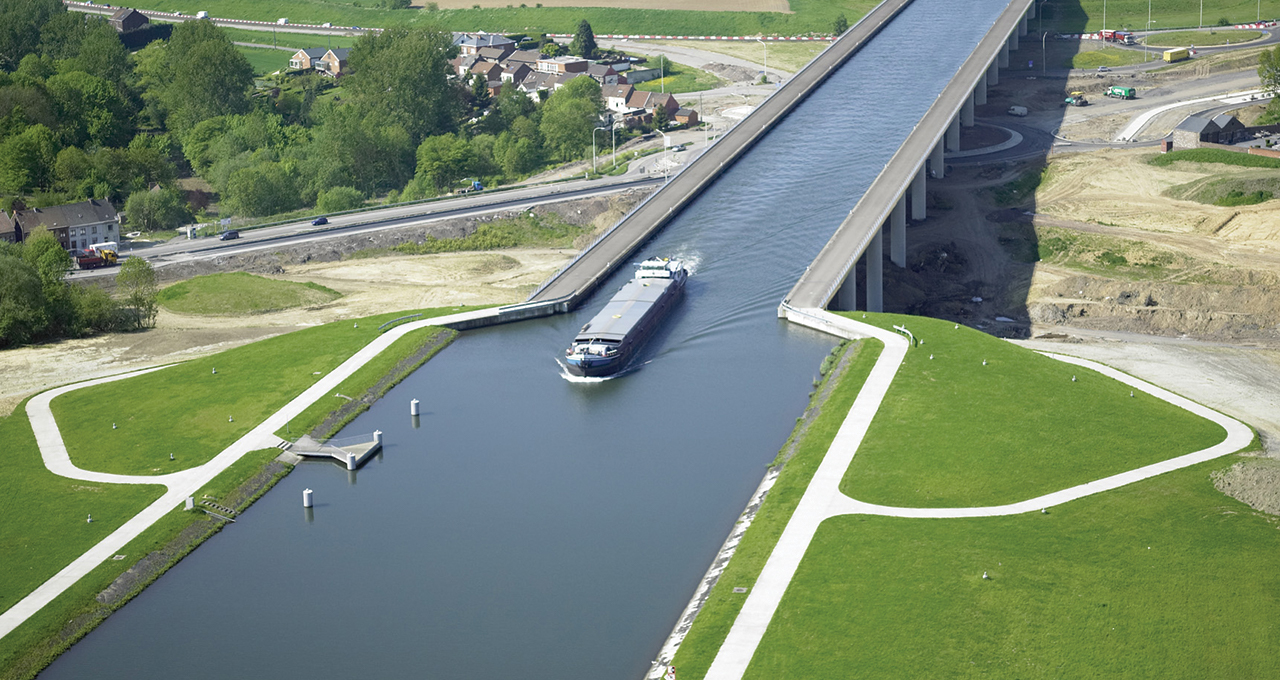
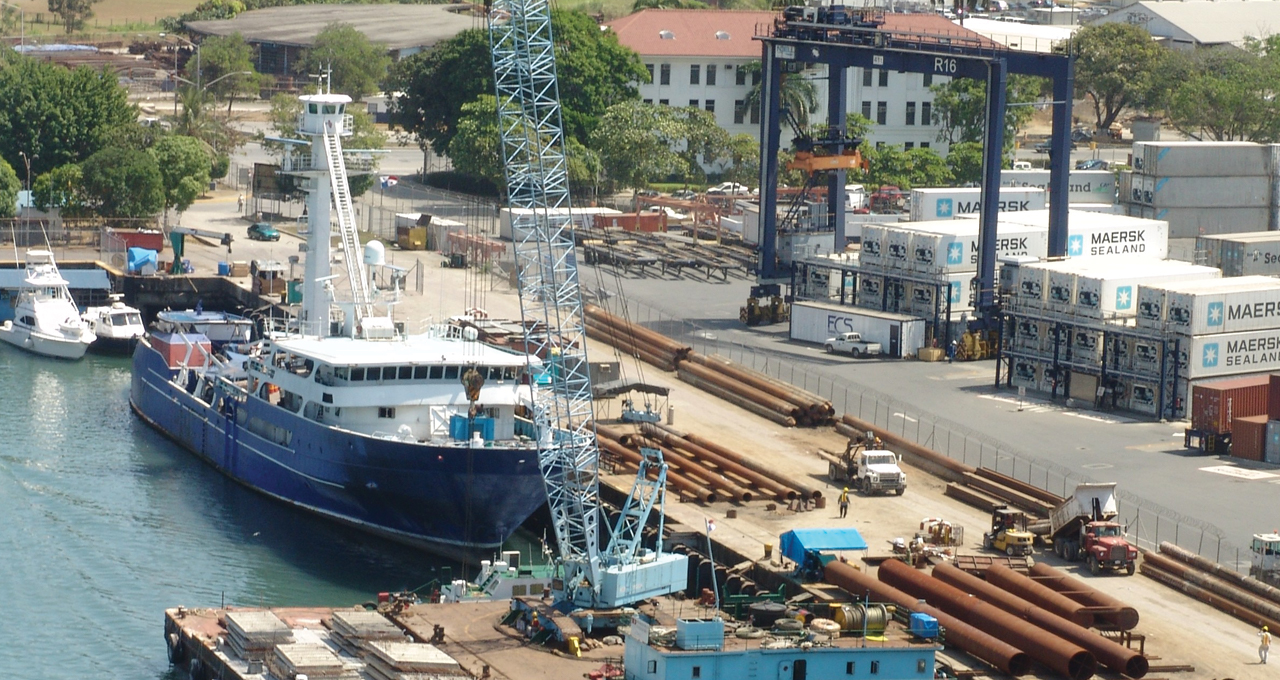

Description
This course offers the Maritime Civil Engineering Industry an integral human resource, with the values, skills, and abilities necessary to develop projects appropriately related to civil works, ports and fluvial-marine.
The professional training of Civil Engineering in Ports and Channels aims to prepare an individual specialized in the field of civil engineering, to exercise professional duties such as drafting and signing projects oriented to construction, reform, repair, conservation, demolition, manufacture, installation, assembly or exploitation of port and fluvial-marine infrastructure, as well as, its adequate harmonization with civil works of urban development; contributing significantly to the economic development of our country and the world.
Objective
To train professionals with a large scientific and technological base, with the necessary competences to develop the design and execution of civil works, ports and fluvial-marine; with very clear criteria of social responsibility, business, and the protection of the environment.
Offer to Panamanian society and the region, a professional option that seeks the formation of Civil Engineers with a specialization in the design, construction and management of works related to port infrastructure and fluvial-marine, contributing in this way to economic, social, and sustainable development of its citizens and institutions that comprise it.
Work Field
STUDY PLAN

